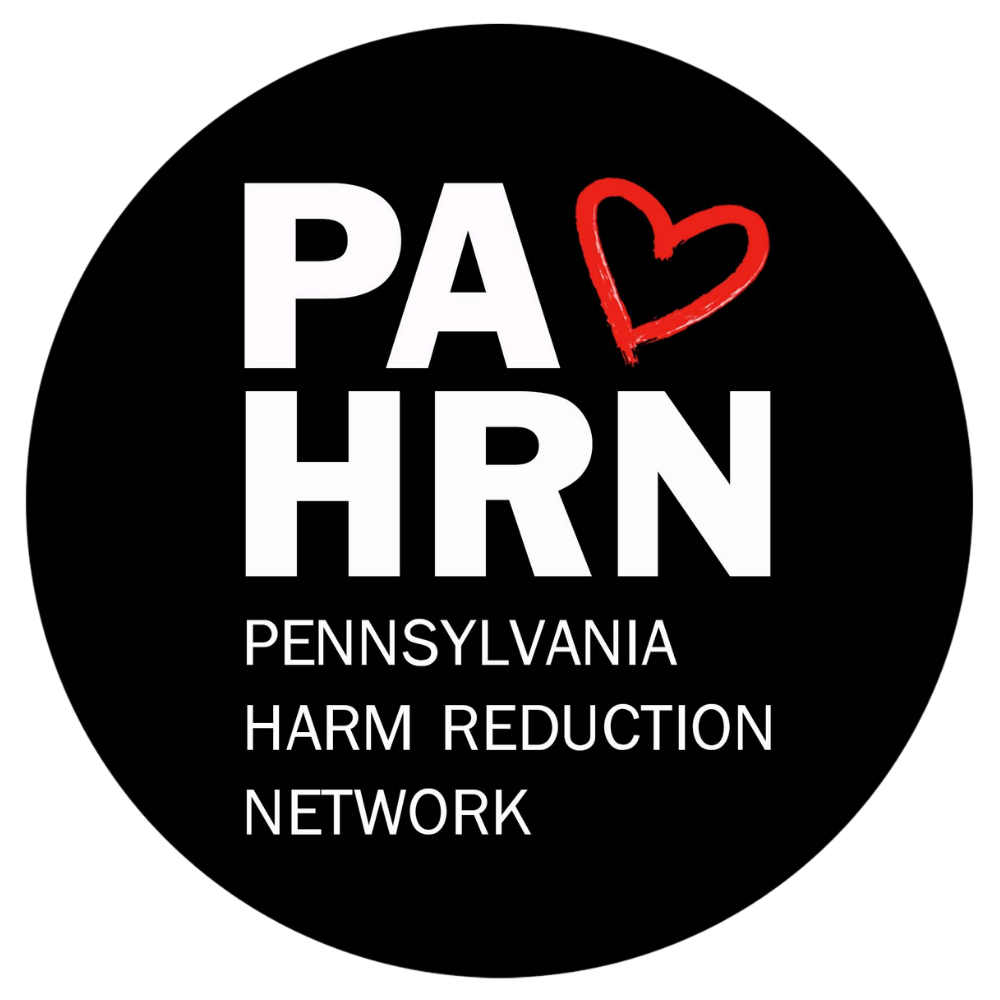Training & Capacity Building

We highly recommend scheduling a brief consultation to discuss your organization's specific needs and maximize the impact of our training sessions. Our training programs are custom-designed to meet your exact requirements. If you have a specific focus in mind, we cover a diverse range of harm reduction related topics.
Harm Reduction 101
This training provides an introduction to harm reduction for substance use and includes information about the history of harm reduction, the core principles of harm reduction, the benefits of harm reduction, and an overview of basic harm reduction tools and strategies.
Preventing, Identifying & Responding to an Opioid Overdose
This training introduces strategies to prevent opioid overdoses, how to recognize an opioid overdose and if necessary, how to respond, including the administration of naloxone.
Syringe Services Programs
This training provides a general overview of Syringe Services Programs (SSPs). SSPs are community-based programs that save lives by providing overdose prevention and education, distributing naloxone, providing sterile syringes, facilitating safe disposal of used syringes, providing information and resources, and referral to social services, housing, and medical, mental health or substance use treatment.
Vicarious Trauma and Self Care
This training provides an introduction to vicarious trauma, also known as secondary trauma or compassion fatigue. Learn more about what it is, how to prevent it, how to identify it, and what to do if you are being negatively impacted by it.
Advocacy Academy
This workshop educates individuals and groups on how to effectively advocate for harm reduction in Pennsylvania including strategies for engaging decision-makers, tools for sharing information within their communities, and using social media to spread positive and accurate information about harm reduction.
PA Current Drug Trends and Landscape: Tranq Dope, AKA Xylazine - A Poisoned Drug Supply
This training provides an overview of the most current adulterants that are now found in the commonwealth. Learn how to identify when someone is using drugs with newer adulterants (Tranq Dope), apply and teach harm reduction techniques, and ways to advocate and stay informed in the behavioral health system.
